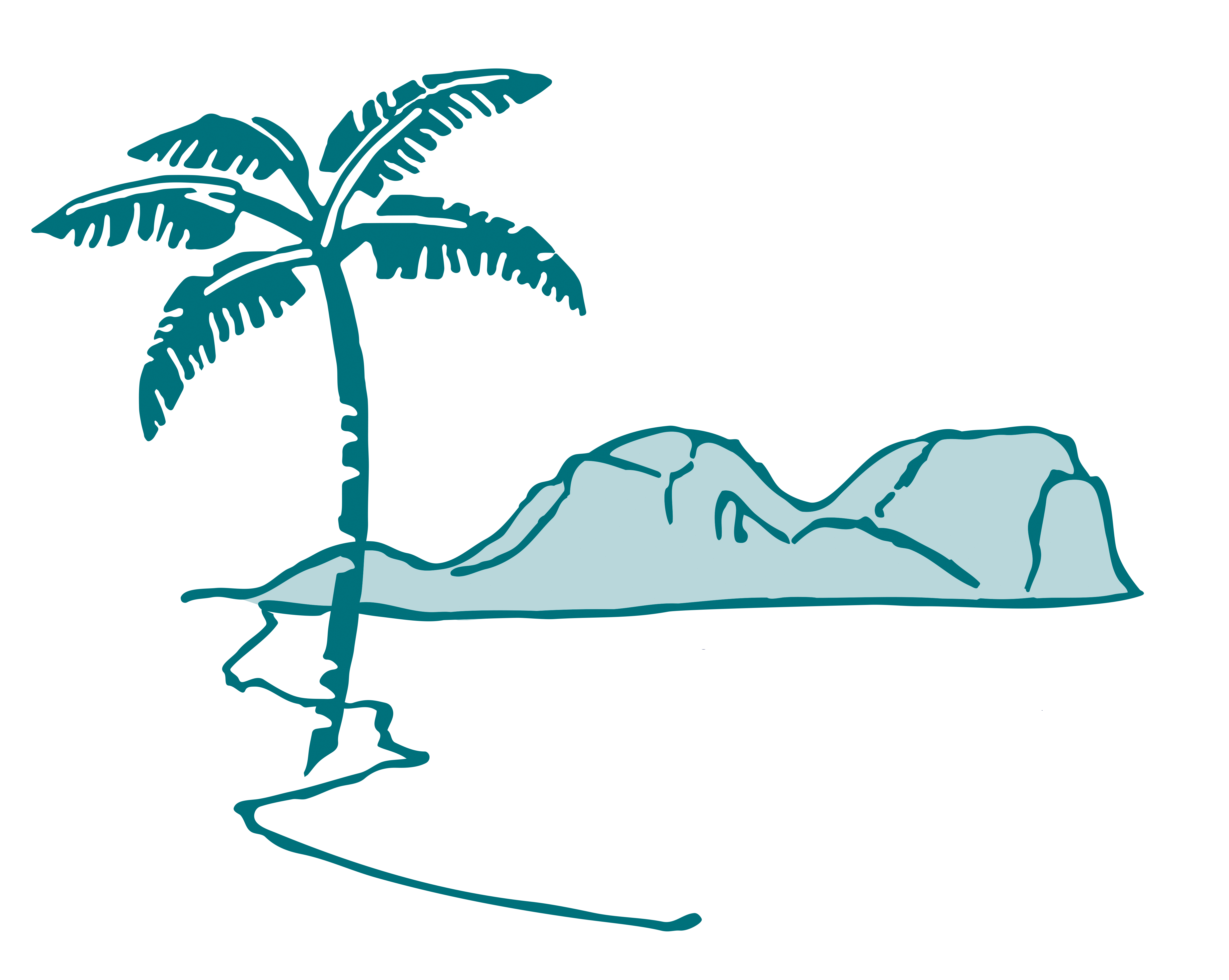Avian Influenza update
There is currently an increased risk to Australia from High Pathogenic Avian Influenza (HPAI/ H5N1).
This is a notably more virulent strain of Avian Influenza than the H7N3 strain detected in May 2024 at a mixed free-range and cage bird egg farm in Victoria.
While the risk of transmission to Lord Howe Island is assessed as being low, the LHIB team will be closely monitoring both the national and global HPAI situation.
HPAI is a highly contagious viral disease primarily affecting avian species. It is also capable of infecting a wide range of mammals (e.g. marine mammals). It rarely affects humans unless there is direct and close contact with sick birds.
HPAI is a nationally notifiable disease which means if you suspect an animal is showing signs of the disease, you must report it.
If you see unusual signs of disease or suspect an exotic disease in your poultry, or in any wild birds that you may encounter, immediately call the Lord Howe Island Board Biosecurity team (02) 6563 2055 who will contact the Emergency Animal Disease (EAD) hotline to trigger an appropriate response.
DO NOT touch or move sick or dead birds (unless instructed to by authorities).
The main clinical signs of HPAI in birds, which can include any or a combination of the following, are:
- sudden and rapid increase in the number of dead birds
- a number of birds in the same area showing the same symptoms
- swollen head
- closed and excessively watery eyes
- discoloured or loose watery droppings
- drooping of the wings or dragging of legs
- twisting of the head and neck
- haemorrhages on shanks of the legs and under the skin of the neck
- tremors
- respiratory distress such as gaping (mouth breathing), nasal snicking (sneezing sound), gurgling or rattling
- lethargy and depression
- unresponsiveness
- incoordination and loss of balance.
LHIB is in consultation with Biodiversity Conservation and Science Division within DCCEEW, and the Australian Registry of Wildlife Health, associated with Taronga Conservation Society Australia, and have developed a draft risk mitigation and response plan outlining:
- procedures that will allow for the early detection of HPAI in birds on Lord Howe Island
- response kit to prepare the LHIB Environment unit for any potential outbreaks
- enhanced biosecurity protocols to reduce the risk to human, animal and environmental health posed by HPAI
- protocols for communication, surveillance and reporting in line with relevant legislation, animal welfare and workplace health and safety.
Import of any avian species to the Island will require prior approval and screening from LHIB team. The avian import policy can be found here.
